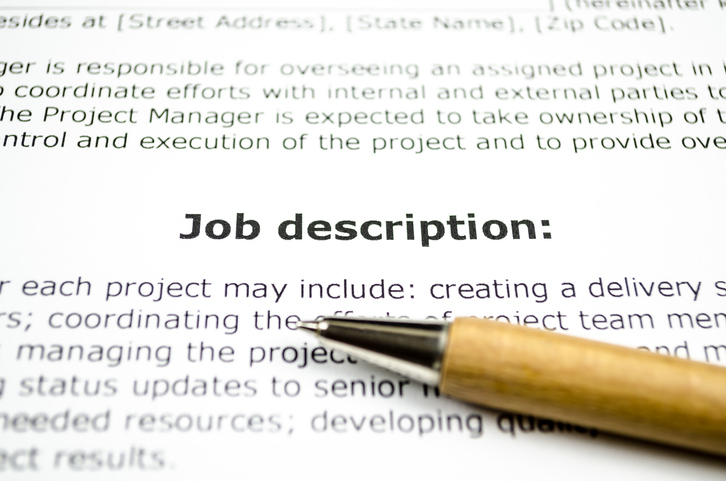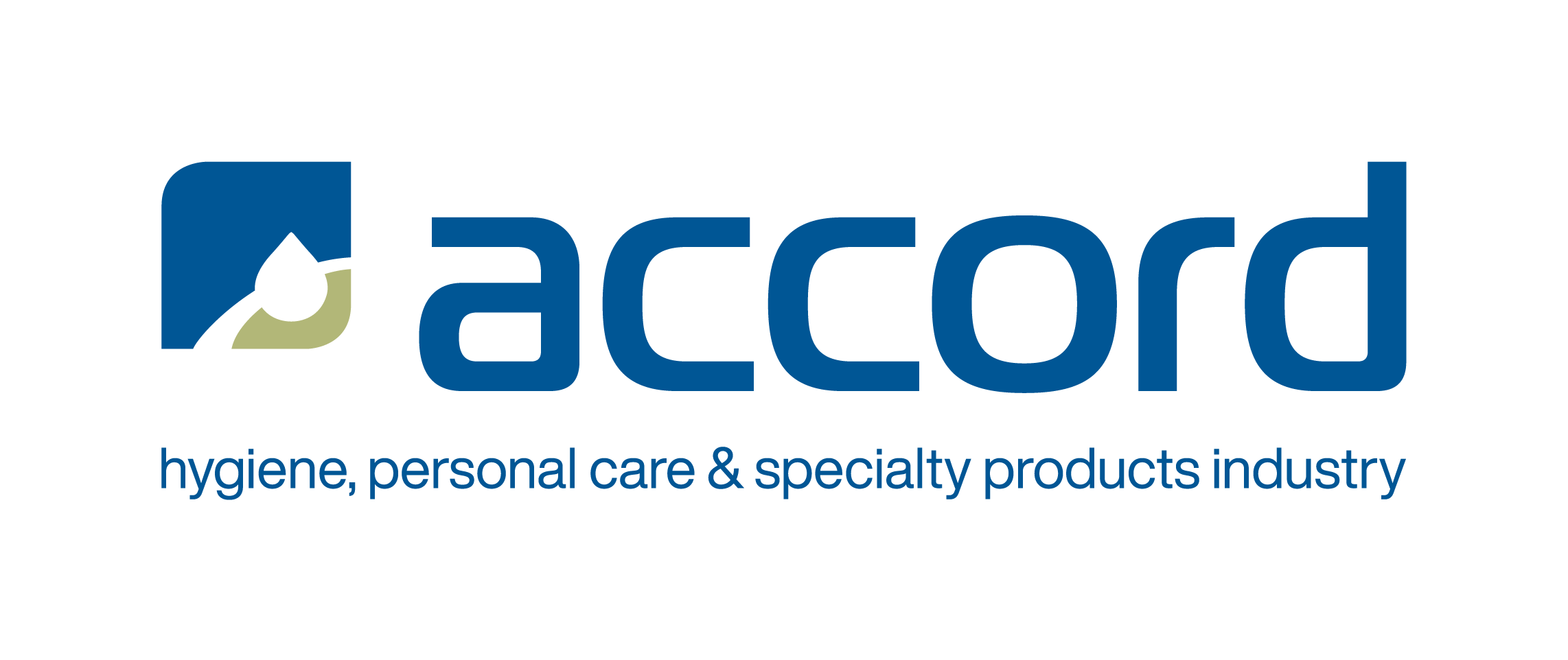d
Are you a STEM* student or graduate? Are you interested in the fascinating fields of STEM? (*STEM: science, technology, engineering, mathematics)
There are many opportunities for someone with STEM interests and skills in the hygiene, personal care and specialty products industry.
And one of the great things about working in our industry is that you will be helping to make products that are used daily—all across Australia and the world—in homes, businesses, institutions, industries and farms.
Quick links
⇒What kinds of products does our industry make?
⇒What STEM is involved in our industry?
•What do product developers do? •Never heard of formulation chemistry?
⇒STEM careers in our industry
•Qualifications needed •Roles filled by STEM graduates
•A day in the life of… •Meet some people working in some of these roles!
⇒Tips for STEM job-seekers
For more on careers in the chemical sciences, see RACI’s Careers Development page
What kinds of products does our industry make?
Our industry formulates chemical products for hygiene, personal care and other specialty chemical applications.
A formulated chemical product is made from a carefully selected and proportioned mixture of chemicals that do not chemically react, but that each play a part in the properties of the finished product.
In combination, the ingredients form a final product with desirable characteristics, suitable for the function of the product.
•Adhesives and sealants •Automotive cleaners and protectants •Cleaning products e.g. soaps and detergents for personal hygiene, household cleaning, laundry, hard surface cleaning, upholstery cleaning, toilet cleaning, janitorial, hospital, manufacturing and agricultural cleaning •Colour cosmetics •Deodorants •Depilatories •Disinfectants & sanitisers e.g. household, janitorial, hospital, food manufacture and dairy farm sanitisers •Hair care products •Moisturisers e.g. face and body •Nail care products •Oral care e.g. toothpastes and mouthwashes •Perfumes and colognes •Pest control e.g. personal & household •Polishes •Tampons •Wet wipes …and many more
What STEM is involved in our industry?
There is a lot of STEM that goes into every formulated chemical product. Think chemistry. Materials engineering. And, increasingly, sustainability considerations that inform both the choice of raw materials and packaging solutions.
A lot of design, experimentation and testing go into every product to ensure performance and safety.
- the ingredients are compatible and result in an effective and safe product—both for human health and the environment
- the product remains stable, well mixed and free from bacteria throughout its lifespan (from manufacture to final use)
- the product has a suitable consistency for application, e.g. a paste, liquid, spray or gel, throughout its lifespan
- the ingredients are cost effective
- that suitable protective packaging allows safe and effective delivery of the product for the duration of its shelf-life, whilst factoring in sustainability considerations
- that effective quality control procedures are in place, ensuring consistency and safety during production
- that complete labelling and other information is provided, including instructions for use, emergency and first aid information, and manufacturer contact information
- that all aspects of the product’s lifecycle comply with the relevant regulations
It would be an enormous task to screen every possible combination of ingredients for any given formulation task. This means that the careful selection of a starting point for a formulation is important.
You need to balance a multi-ingredient system that could include water, surfactants, solvents, oils, polymers, salts, fragrances, preservatives, enzymes, biocides or other actives, UV filters, abrasives…and more.
You need it to do its job effectively and safely, whether cleaning, disinfecting, moisturising, delivering sun protection—or myriad other functions.
You need to achieve a desirable pH, and understand how this pH will affect, for example, the monomer and micelle composition of polymers. And this has a knock-on effect, as you need to understand how the solubility of fragrance ingredients varies with, for example, the micelle composition.
You need to achieve temperature stability so that the mixture will not change in appearance or performance during storage, including through interactions with the packaging.
You need to achieve a suitable viscosity for application e.g. a toilet bowl cleaner needs to cling to the porcelain; a spray & wipe or window cleaner needs to be suitable for spraying.
You need to achieve the right amount of foam in application, or no foam.
You need it to be scalable—so that the product can actually be made and sold in the marketplace.
You may need to deliver a specific active ingredient, meet an Australian Standard or pass a specified test.
And you need to do all this with raw materials that are available in Australia (or commence the regulatory process to import a new chemical), that fit with the ethos of your company (e.g. based on its sustainability priorities) and that meet budget parameters at the production scale.
It’s like a complex puzzle, with a real-world application!
STEM careers in the hygiene, personal care and specialty products industry
We surveyed STEM graduates who are employed in the hygiene, personal care and specialty products industry on:
- what formal qualifications they have
- what roles they have worked in
- what they do day-to-day
- what advice they have for STEM-graduate job seekers.
Here is what we learned…

What formal qualifications are required to work in our industry?
There are many pathways to our industry. Most STEM-qualified industry personnel have a bachelor’s degree, most commonly in Science, Applied Science, Engineering and Pharmaceutical Science. Unsurprisingly, chemistry is the most common scientific discipline in our industry.
Some have continued their academic studies with an honours degree, master’s or doctorate. And some have diplomas or certificates to add specialised knowledge, up-skill or pursue interests.
The majority of respondents with STEM qualifications (> 97%) were currently or had at some point in their career held a STEM-based role. The majority had continued in STEM-based careers.
What are some roles filled by STEM graduates?
Roles in our industry include in Australian-owned or local family businesses, in multi-national companies or niche consultancies. Roles can be at the regional, national or local level. There are senior and junior roles that can fall within specific function or spanning more than one, and that can be across the whole business or in specific product categories.
If you work for a small company, it is more likely that your role will be quite diverse, perhaps spanning several functions and all product lines. In larger companies, roles can be more specific and often encompass a narrower set of responsibilities or products.
In either sized company, you will be working closely with other functions. For example, if you are developing product, you will need to work with regulatory personnel to ensure that the product complies with all regulatory requirements, with manufacturing to ensure the product can actually be make in bulk, and with sales and marketing so that they understand the product and that it is one that your company actually wants to sell!

Example job titles:
Regulatory Affairs Manager
Regulatory Specialist
Product Compliance Steward
Compliance Manager
Technical, Quality and Regulatory Manager
Product Environment, Health & Safety Specialist
Technical and Regulatory Consultant
Quality Assurance Manager
Operations Supervisor
Manufacturing/Plant Manager
Example job titles:
Managing Director
Executive Chairman
Business Manager
Business Development Manager
Industry Manager
Example job titles:
Research & Development Manager / Leader / Chemist
Product Development Manager
Senior Scientist
Chief Chemist
Development Chemist
Formulator
Technical Manager
Laboratory Technician
Consultant Formulator
Technical Account Manager
Example job titles:
Sales Manager/Director
Marketing Manager
Account Manager
A day in the life of…
Let’s zoom in to see what some of these roles look like. Bear in mind that in a small company you are likely to get broad experience across a number of functions, whereas in a large company you may have a more specialised role. (These descriptions are compiled from people currently working in these roles.)
I develop test methods to determine the quality of our products and also assist in production (i.e. making large-scale batches for sale) e.g. in batch corrections, maintenance of quality systems and quality control. And I also handle customer complaints/queries.
I help maintain our quality systems in accordance with the requirements of international standards, draft amendments to quality documents and maintain instrument calibration and quality records in the laboratory.
This means I receive updates on key R&D projects within the business and provide direction on these. I liaise with internal staff and customers regarding product use, performance, and troubleshoot problems. I make sure all of our products and operations comply with regulations in a global marketplace, including labelling, product registrations and import/export issues.
As well as doing some lab work and instrument maintenance, as Director a key part of my day-to-day is strategic business development and client-related activities e.g. preparing quotes, troubleshooting client issues, overseeing finances and preparing for seminars and conferences.
Meet some real people working in some of these roles
Peter Rich talks abut his role in Research, Development and Engineering for Ecolab, a global corporation producing water, hygiene and energy technologies.
Rianna Goodwin talks about her role in innovation and product development for True Blue Chemicals (now True Brands), a small Australian business specialising in cleaning and hygiene products.
Ellie Kim talks about her role as a regulatory scientist for RFA Regulatory Affairs, a small Australian consultancy.
Ross Walker talks about his role in technology deployment and expert support for BP Castrol Australia’s lubricant technologies.
Danielle Manetti talks about her role in sustainable packaging design for Jurlique, an Australian cosmetics manufacturer.
Rukshana Yates talks about her role in regulatory and compliance for Pierre Fabre, a global pharmaceutical and dermo-cosmetics nonprofit organisation.
Tips for STEM job-seekers—from industry insiders
Here are the top tips from industry insiders on how to improve your chance of getting a job in our industry.
‘Aim for your field but don’t be troubled with taking multiple steps to get to desired field—experience can be transferred.’
‘Prepare for the workplace—what is completed in theory in lectures, tutorials and lab work is not necessarily what you will be doing at work, particularly if you are in manufacturing and operations.’
Work experience provides valuable work skills that transfer between industries.
You could seek a role in a non-STEM organisation to build your general skills and experience. Consider short-term options, including internships.
Showing willingness and proactivity in gaining work experience—not just in a STEM role—could give you the edge when applying for the STEM role you really want.
Written resources also exist. One member recommends ‘The Unwritten Laws of Business’ by W.J. King as ‘mandatory reading for all STEM graduates’.
Your CV is like a key, unlocking that door of job opportunity. Or at least, giving you the chance to reach the next stage in the application process.
Your CV may be one of many in a large pile of applications. How can you help yours to stand out? Having someone experienced—perhaps someone in HR, a senior professional, someone in the industry, or at the very least another pair of eyes to check for errors and readability—may help improve your chances of making a great first impression. University career centres often provide their students with this kind of assistance.
‘Tailor each job application (CV and Cover Letter) to the specific role/organisation you are applying to.’
‘Make connections between skills you have gained e.g. via part-time employment/volunteering, such as time management, working in a team, professionalism etc.’
Yes, this takes effort. But it is essential that you tailor your CV and cover letter for the specific position. This enables you to highlight the right aspects of your experience and also shows that you are serious about the role.
‘List other activities, not just work related. Employers are looking for cultural fits as much as they are qualifications.’
What does a recruiter want to know before employing someone new? They want to know if that person has suitable knowledge, skills and capacity to succeed in the role. But they also want to know about how that person will fit in with the organisation and others working there.
Your hobbies and interests can help give a more rounded picture of what your interests are—try to match the ones that best strengthen your offering to the role. It’s ok to show some personality in your CV, but also remember that it is a professional document that should communicate clearly and succinctly why you are the best fit for a role.
‘TELL THE TRUTH about abilities and experience.’
This should go without saying!
It is well worth taking the time to learn about the organisation you are applying to work for. This shows that you are serious about working there and will also give you insight into what they do and how they operate.
Your research will help you tailor your responses to show how you will be a valuable asset to the organisation. You can also identify what it is about the organisation that appeals to you, and to reflect this in your answers.
Remember that you are also, in a sense, interviewing them. Will the role and the organisational culture be a good fit for you? Are there challenging aspects of the role? The interview is a great opportunity to learn more, to uncover/minimise any reservations the interviewer may have about your suitability and to show that you are keen to excel in the role.
‘Bring your academic record to the interviews’
It never hurts to be prepared and proactive. Have a copy of that glowing academic record and any other relevant documentation on hand to whip out at the appropriate moment, or to leave with the interviewer.
‘Get interview experience’
Attending job interviews is not high on most peoples’ list of fun things to do. They can be daunting and sometimes uncomfortable. Two common symptoms of interview nerves are verbal diarrhoea: ‘Blah blah blah…’; or, becoming tongue-tied: ‘Um…er…’
In addition to researching the organisation, there are other ways in which you can prepare for the interview. Look up common interview questions. Note down your key skills, experience, successes (and failures!), past projects etc. and work out how they demonstrate your suitability for the role. Make sure that you cover ‘soft skills’ as well as any industry-specific knowledge or skills—and it is OK to use non-work experiences to help demonstrate these as well!
Enlist the help of a someone to play the role of interviewer—and authorise them to have no mercy.
If you are thrown by any questions, smile, be yourself, and don’t be afraid to ask for a moment to consider your response.
If there is a particular organisation you would love to work for, offer your services. State when you are available and be prepared to accept any work that comes your way, however mundane. This will get your name and face known, provides an opportunity to prove yourself a valuable asset, and could put you in the right place at the right time—especially as many roles are not formally advertised. You will also get a better feel for the culture of the organisation and whether it will be a good fit for you.
This list may help you identify where you need to up-skill, or what to demonstrate via your CV and at interview.
- Critical thinking/problem solving
- Project management and planning
- Awareness of how a business is structured/operates
- Relating work to money/profit
- Ability to learn new skills
- Working as part of a team
- Managing a diverse range of clients/stakeholders
- Writing for business communication
‘Seek out mentoring opportunities at university; often there are university/industry alumni mentorship programs.’
‘Seek employment via university placement schemes.’
| There are also some specific university courses that include an industry-based component. One example is Monash University’s Graduate Research Industry Program (GRIP), an industry-led PhD program that includes projects—most relevant to our industry—in the chemicals and polymers space. |  |
Have realistic salary expectations!
‘Accept to be at the beginning of the pay scale: there is a lot to learn during the three first years at least.’
Network, network, network.
‘Utilise contacts (perhaps past graduates, lecturers, friends).’
‘Attend as many industry events as you can.’ (And talk to people!)
‘Network with STEM extra-curricular activities and societies.’
